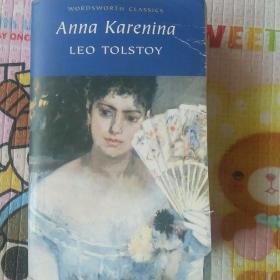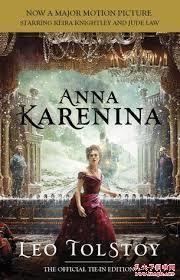
Leo Tolstoy: A Multidimensional Portrait
Leo Tolstoy, a name that resonates with the very essence of Russian literature, was not just a writer but a philosopher, a social critic, and a spiritual seeker. Born on September 9, 1828, in Yasnaya Polyana, Russia, his life and works have left an indelible mark on the world. Let’s delve into the various facets of this remarkable individual.
Early Life and Education

Leo was the fourth son of Count Nikolai Tolstoy, a prominent figure in Russian society. His childhood was spent in the idyllic surroundings of Yasnaya Polyana, where he developed a deep connection with nature. At the age of nine, he was sent to a military school in Saint Petersburg, where he experienced the harsh realities of life for the first time. This exposure to the outside world would later shape his views on society and human nature.
The Writer

As a writer, Tolstoy’s works are renowned for their depth, complexity, and profound insights into the human condition. His most famous novels, “War and Peace” and “Anna Karenina,” are masterpieces that have captivated readers for over a century. “War and Peace,” in particular, is a sprawling epic that covers the Napoleonic Wars and the lives of numerous characters, offering a panoramic view of Russian society. “Anna Karenina,” on the other hand, delves into the complexities of human relationships and the consequences of moral dilemmas.
| Novel | Publication Year | Themes |
|---|---|---|
| War and Peace | 1869 | War, peace, love, friendship, and the nature of power |
| Anna Karenina | 1877 | Love, infidelity, morality, and social norms |
The Philosopher

While Tolstoy’s literary works are his most enduring legacy, his philosophical ideas have also had a significant impact. He believed in the importance of simplicity, humility, and the pursuit of spiritual truth. His later years were marked by a deepening interest in Christian spirituality, which led him to renounce his wealth and live a life of poverty. His philosophical writings, such as “The Kingdom of God Is Within You,” continue to inspire readers today.
The Social Critic
As a social critic, Tolstoy was unafraid to challenge the status quo. He was a vocal opponent of the Russian Empire’s autocratic rule and the institution of serfdom. His novel “Resurrection” is a scathing critique of the Russian legal system and the corrupt officials who operated within it. Through his writing, he sought to expose the injustices and inequalities that plagued his society.
The Spiritual Seeker
In his later years, Tolstoy’s focus shifted from literature and social criticism to spiritual matters. He believed that the key to true happiness and fulfillment lay in living a life of simplicity, humility, and self-sacrifice. His spiritual writings, such as “The Gospel in Brief,” offer a concise summary of his beliefs and the principles he believed to be essential for a meaningful life.
Legacy
Leo Tolstoy’s legacy is a complex one. He is celebrated as one of the greatest writers in the history of world literature, yet his life and ideas have also been the subject of much controversy. His works continue to be studied and analyzed, and his philosophical ideas continue to inspire people around the world. Whether as a writer, philosopher, social critic, or spiritual seeker, Leo Tolstoy’s contributions to human thought and culture are undeniable.





